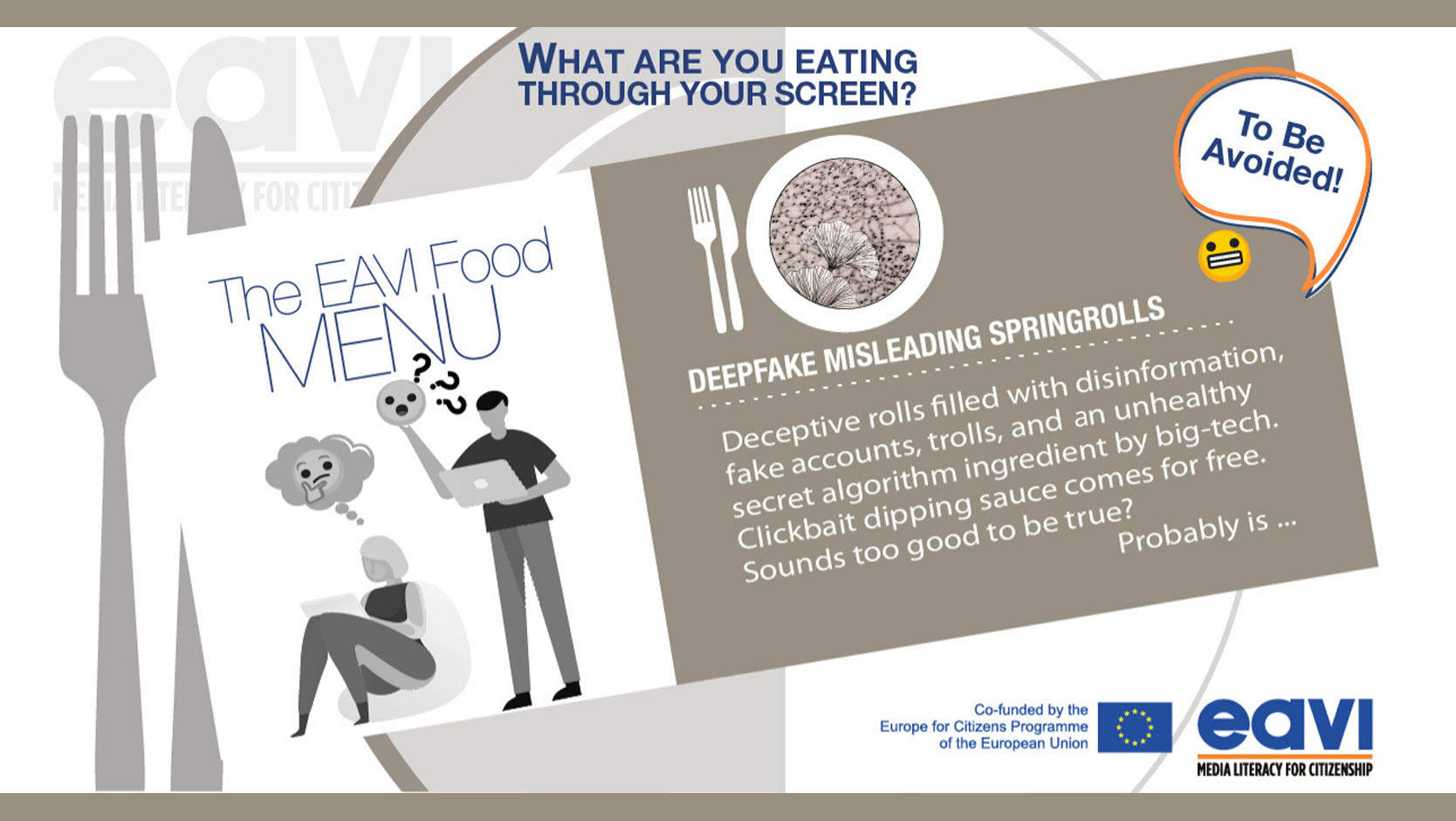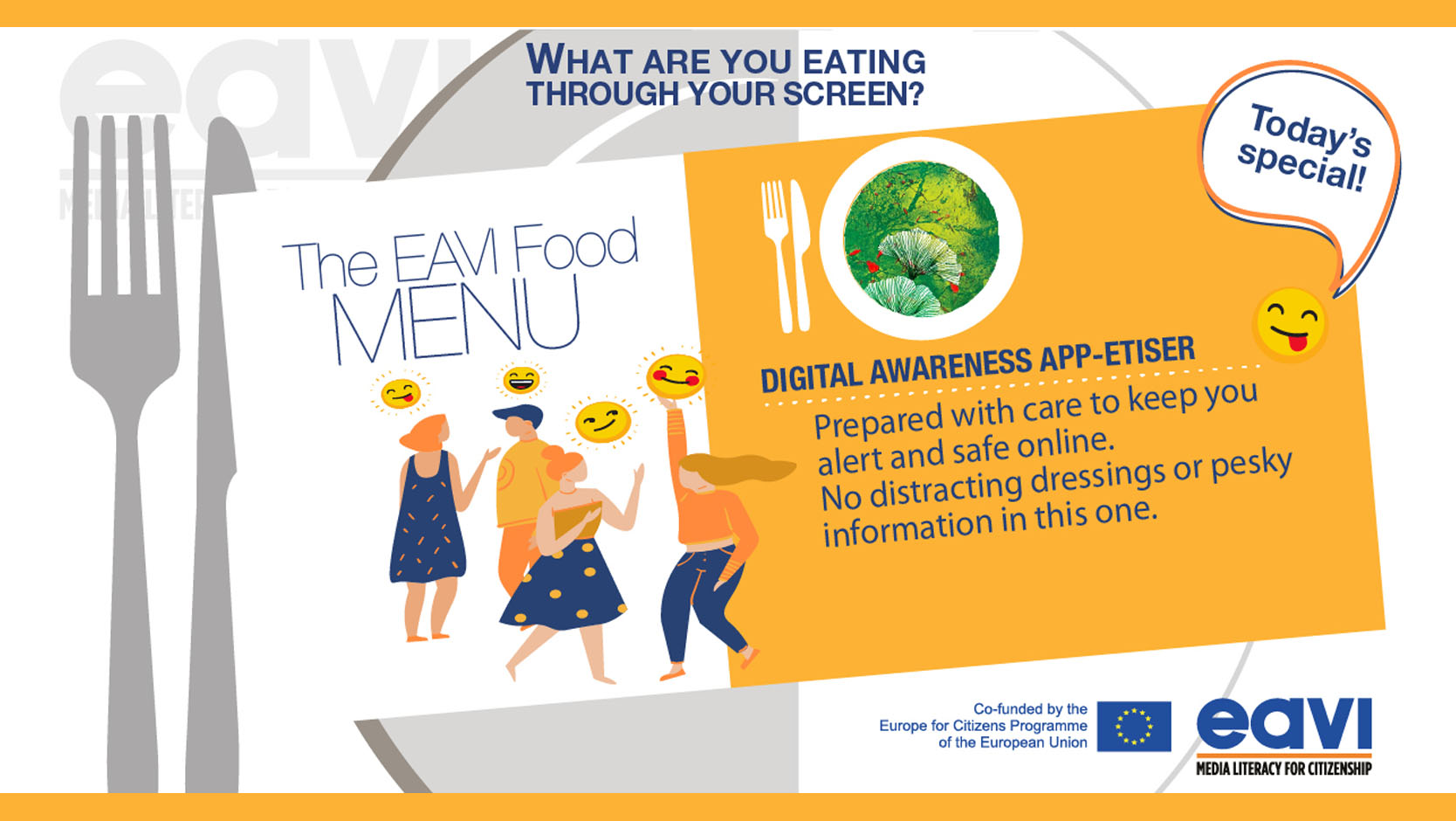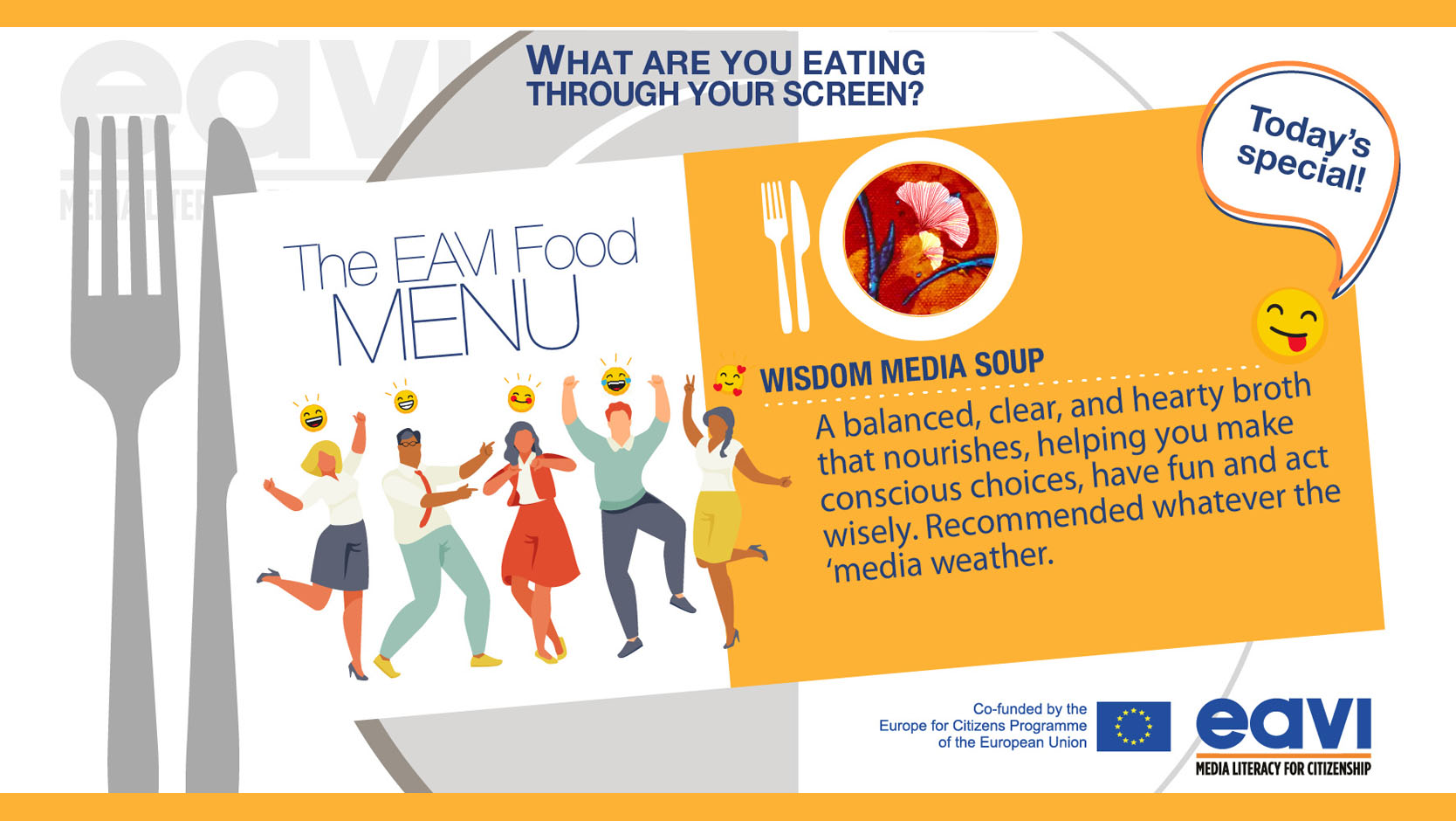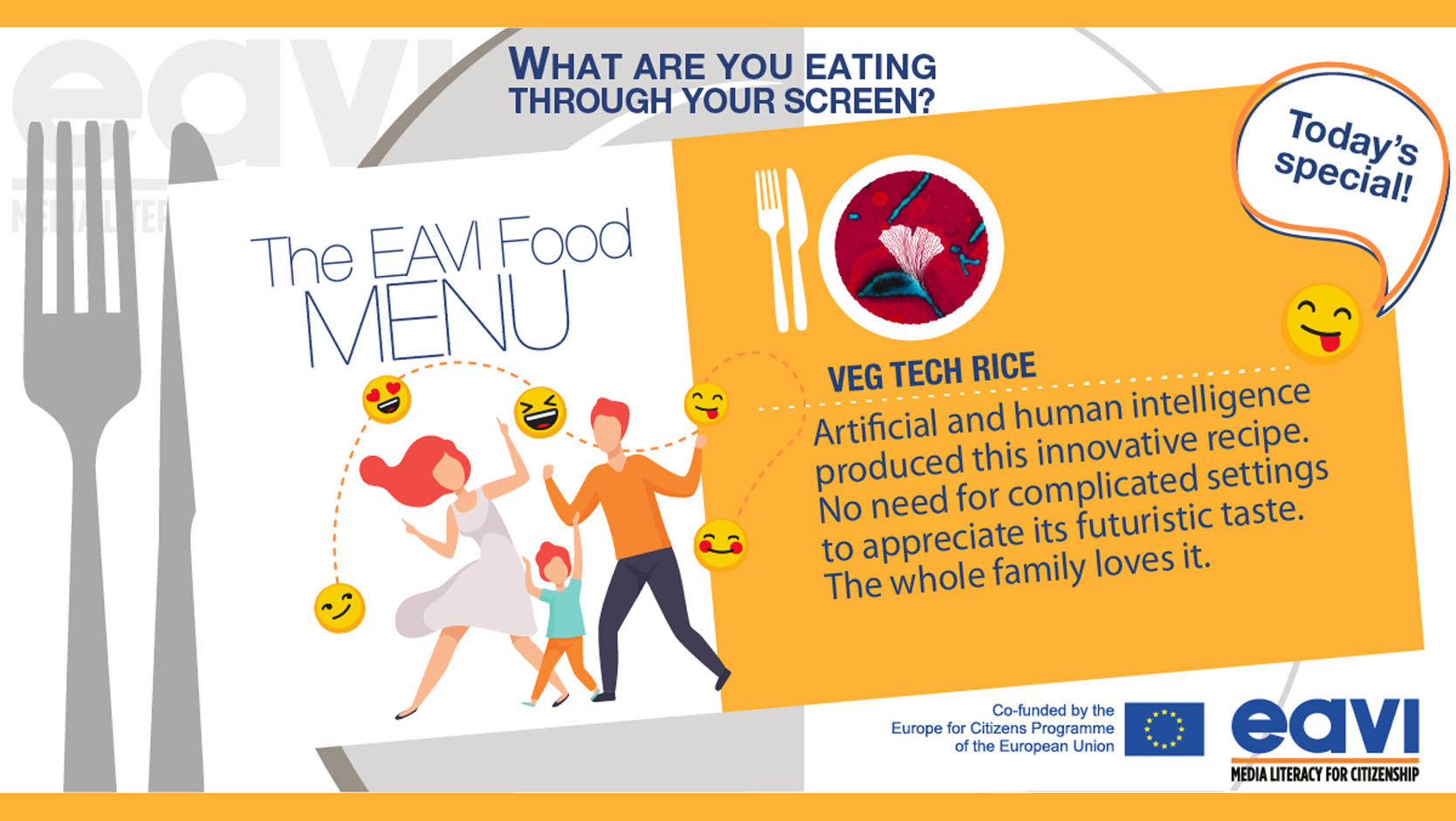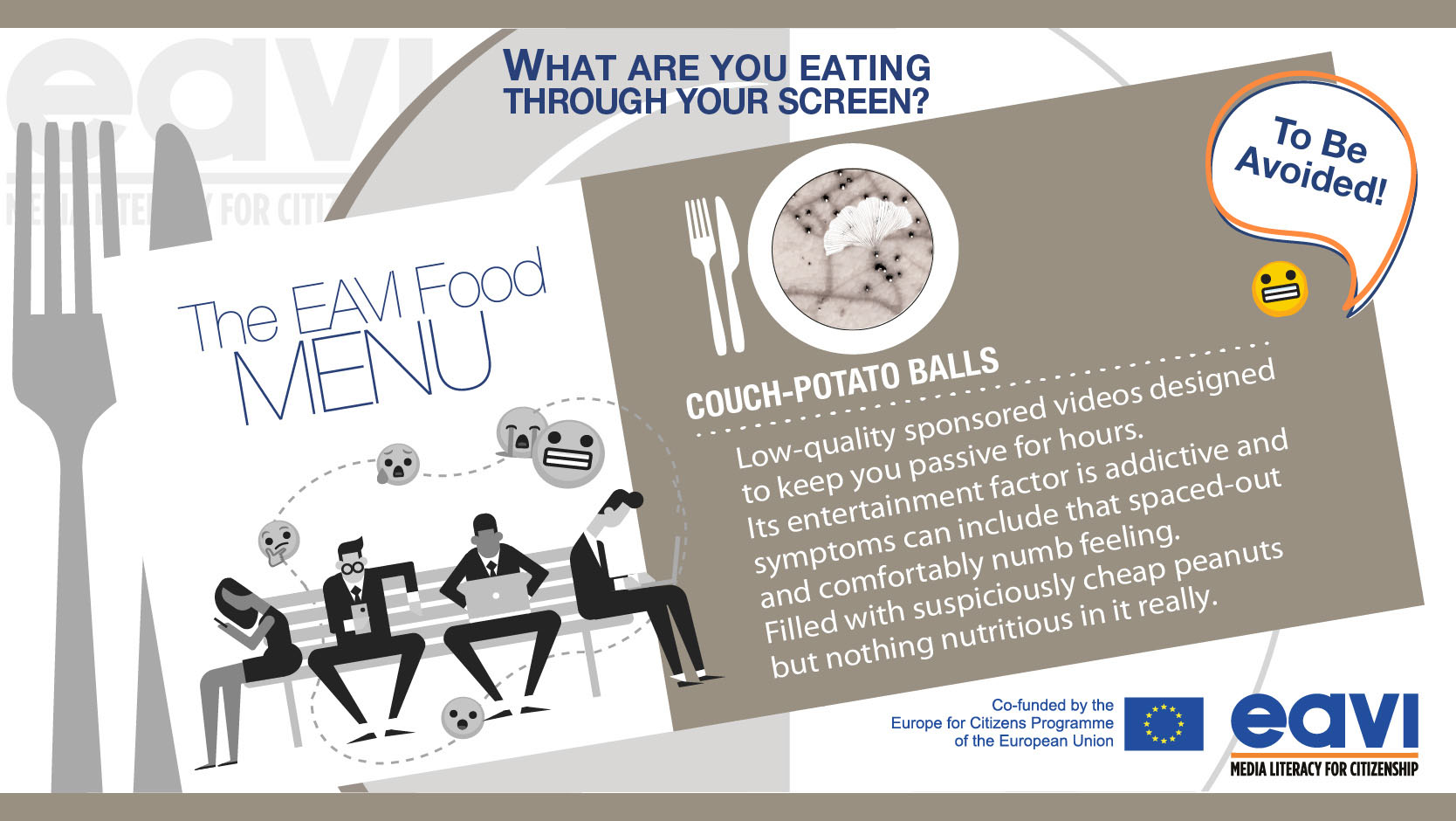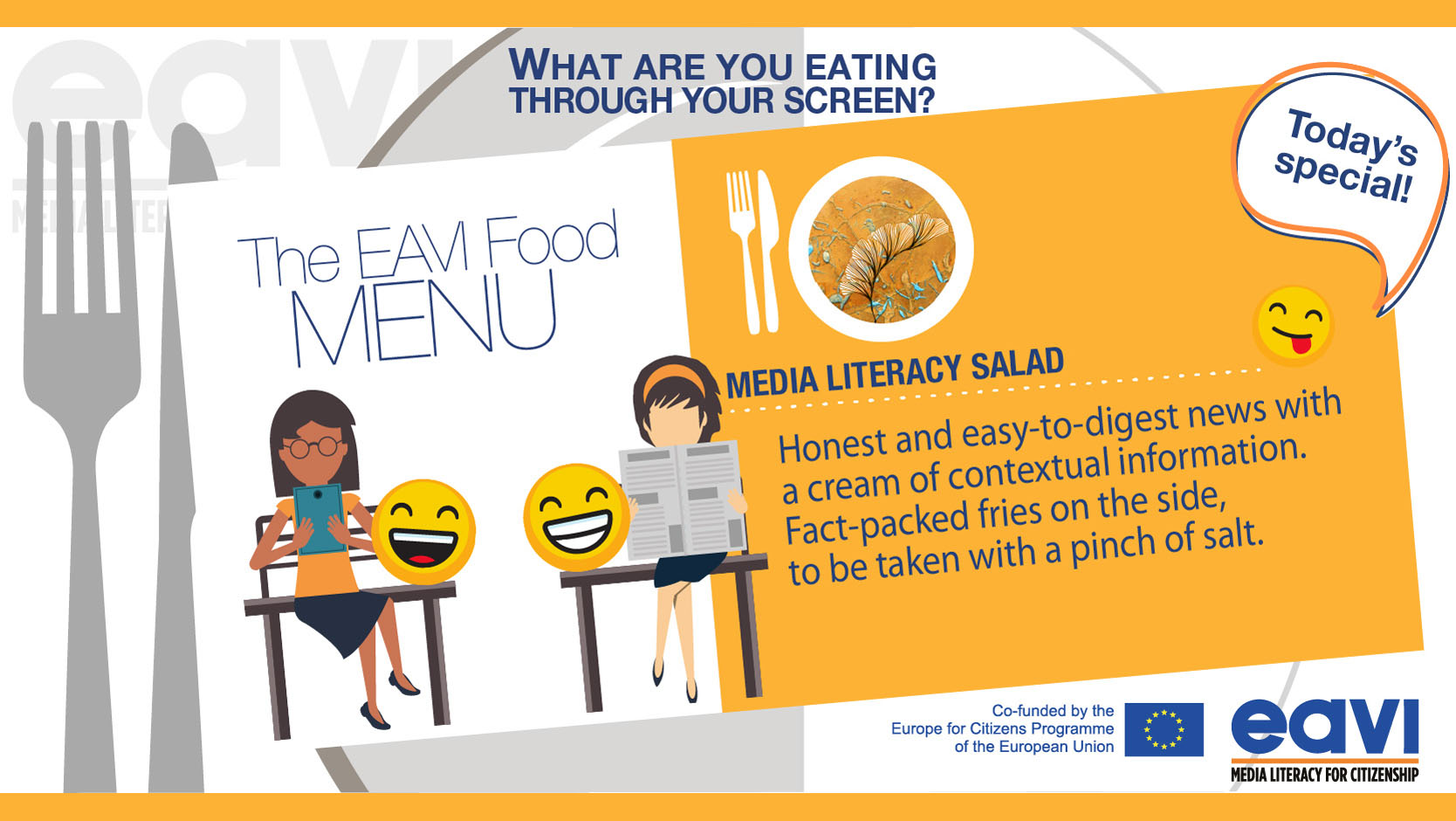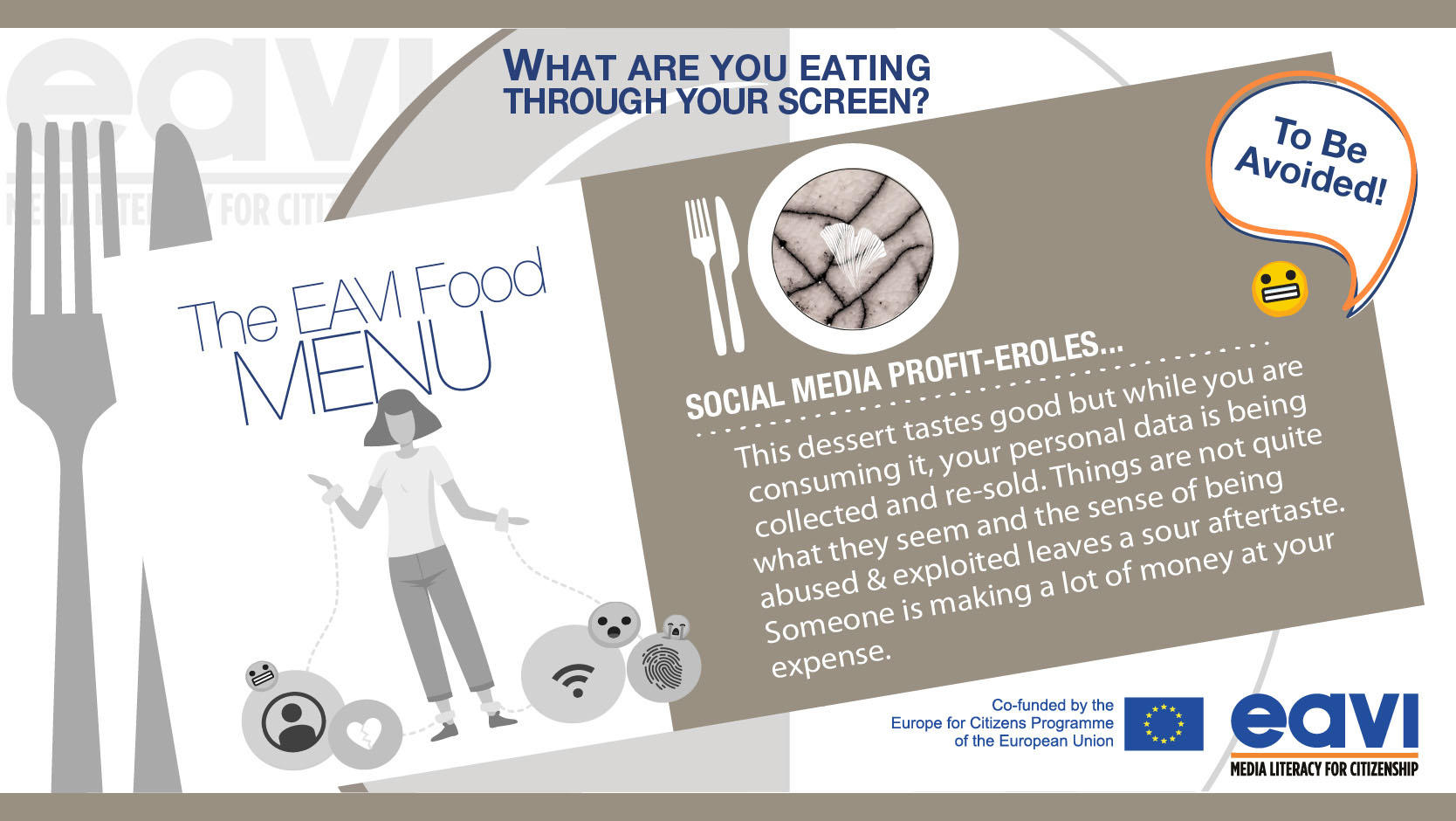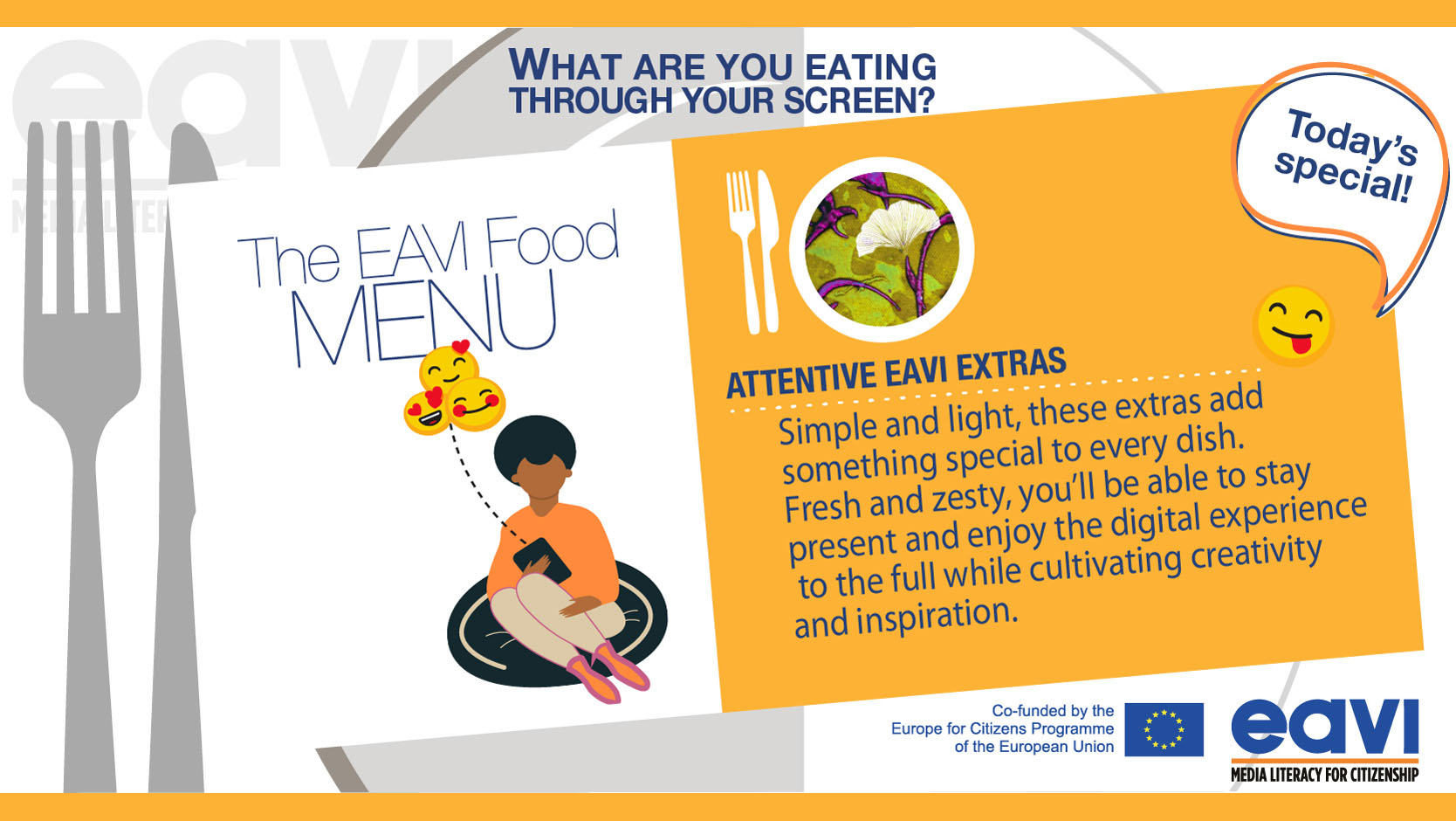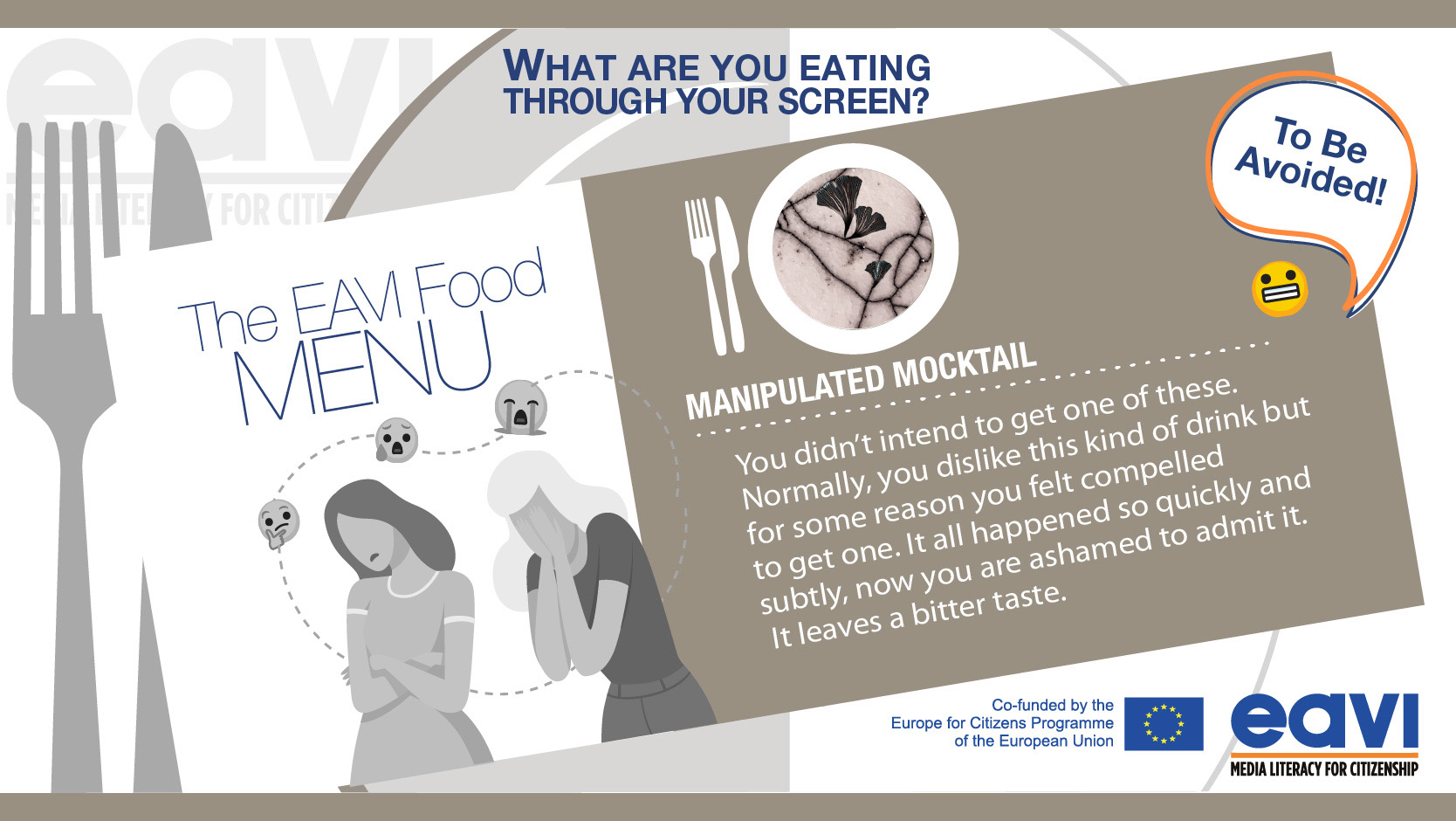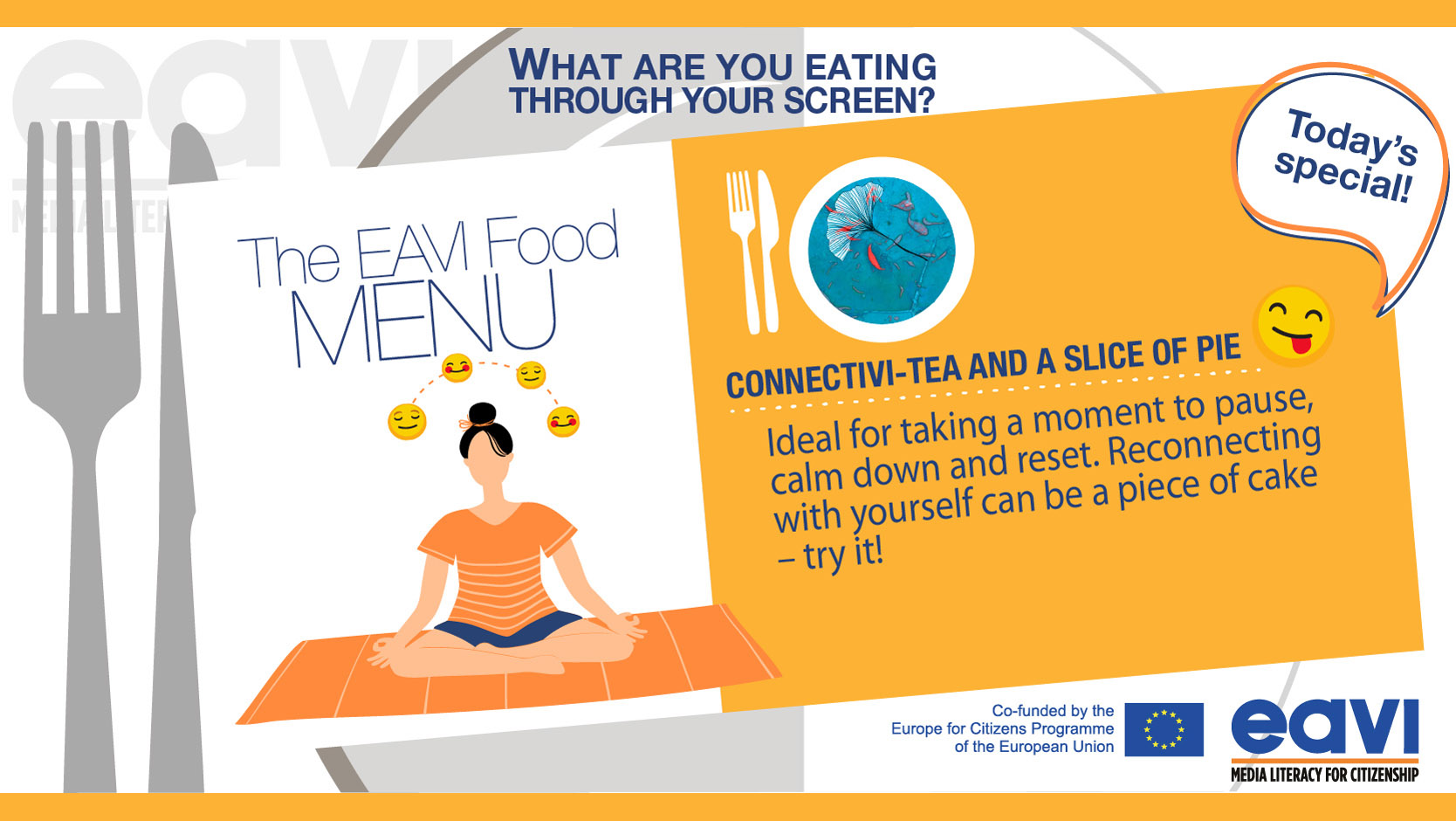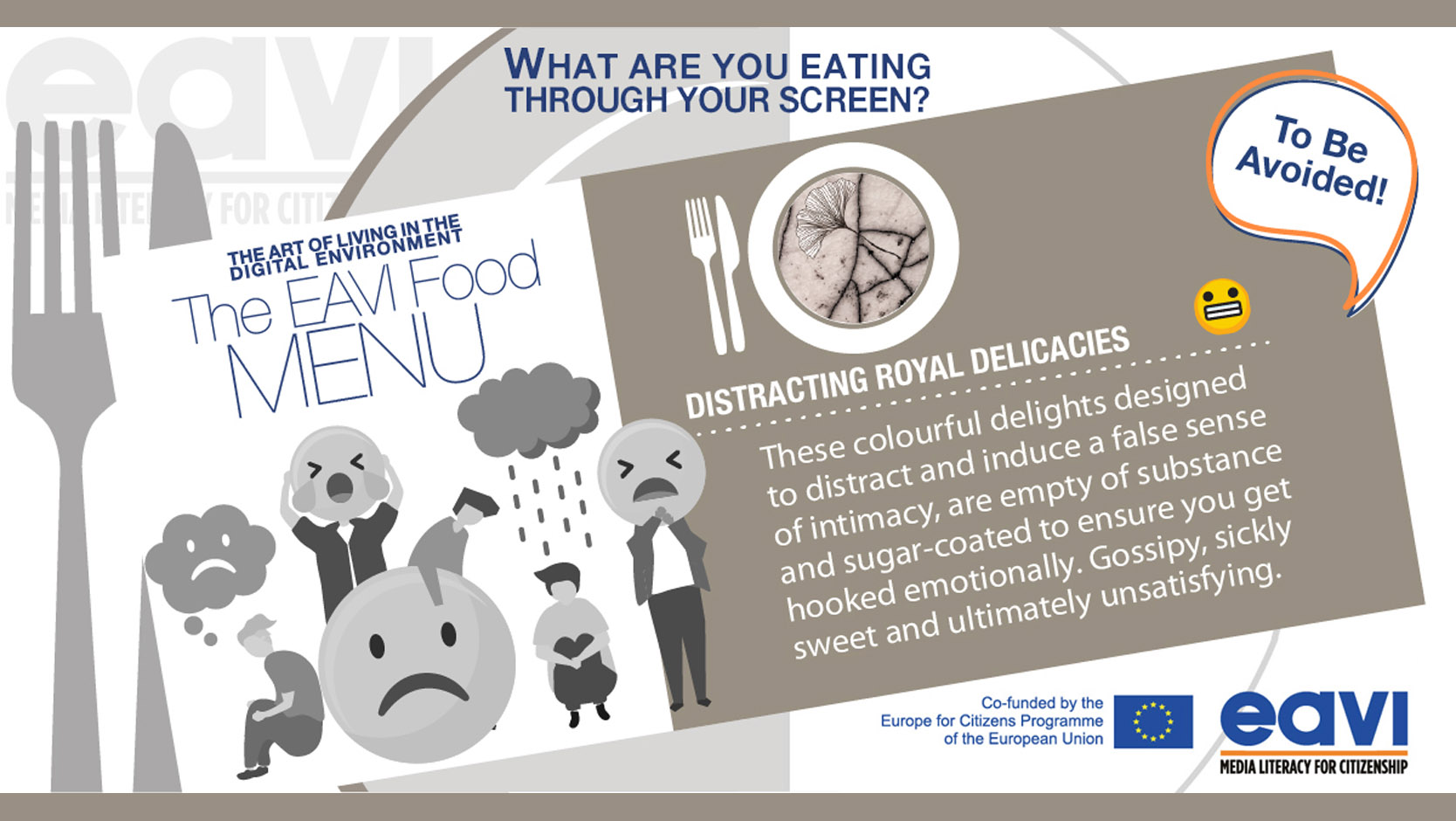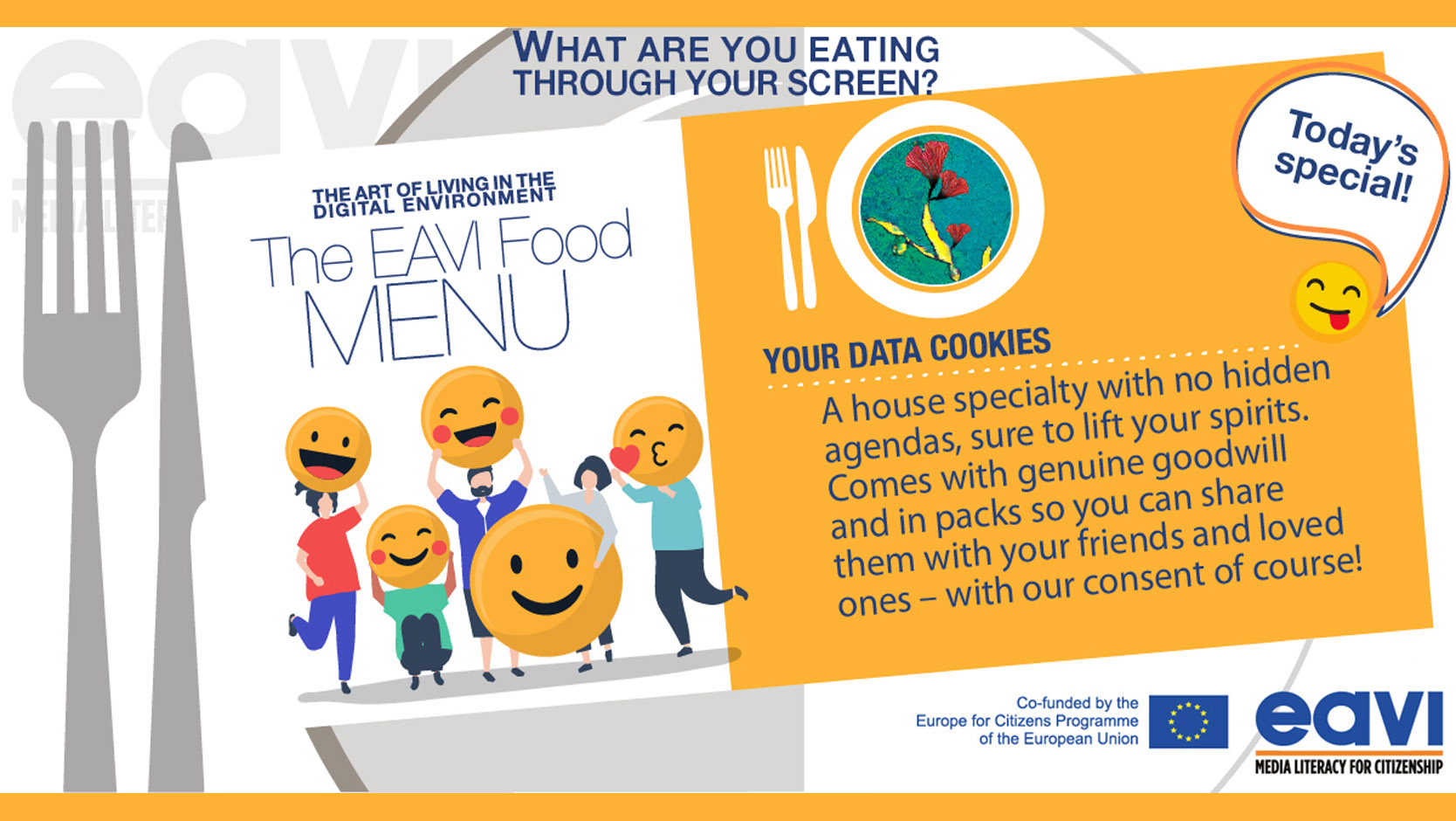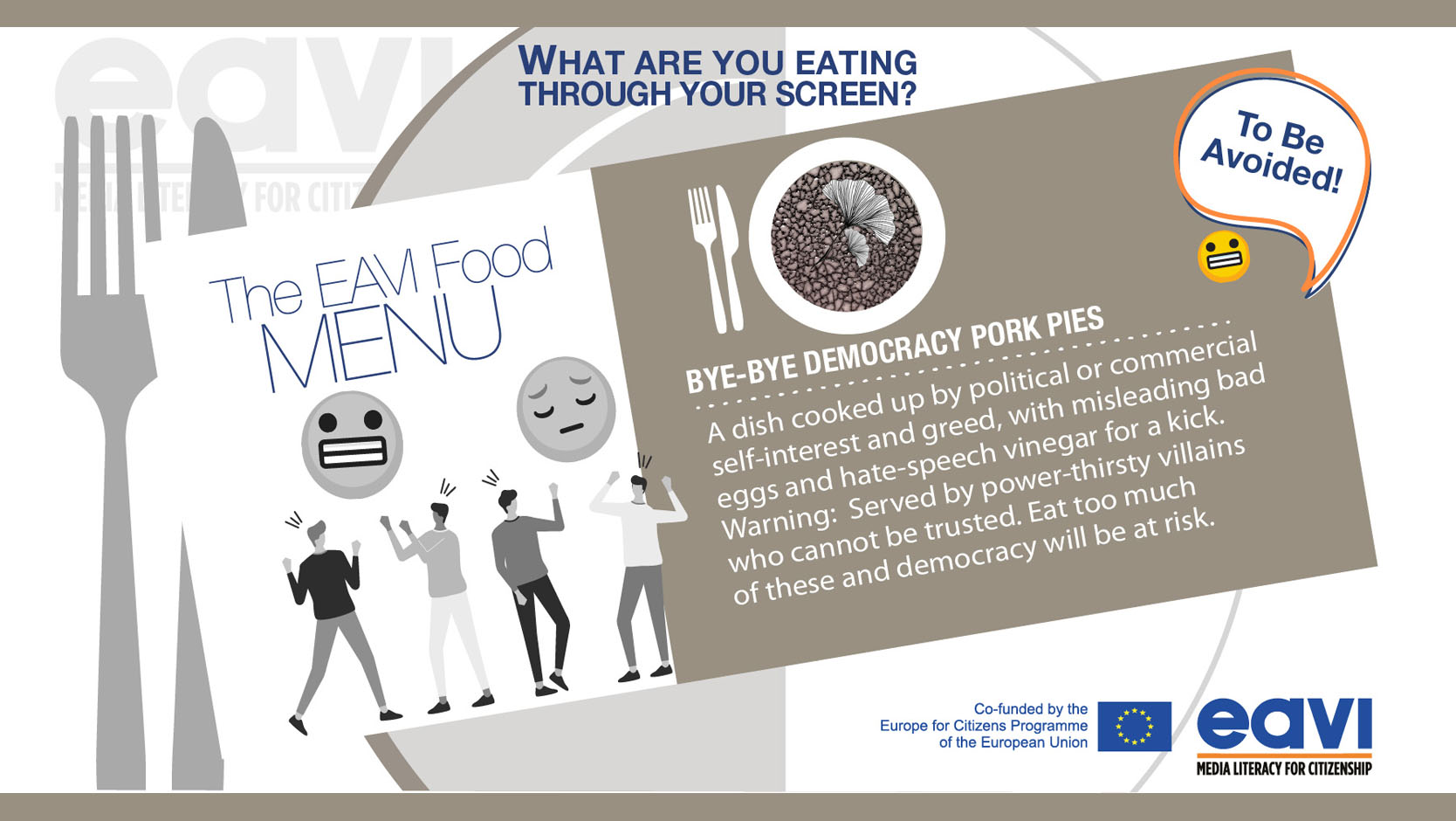
A dish cooked up by political or commercial self-interest and greed, with misleading bad eggs and hate-speech vinegar for a kick. Warning: Served by power-thirsty villains who cannot be trusted. Eat too much of these and democracy will be at risk.
What do you think about this dish? Does it remind you of some current events? What is the place of media, and specifically social media, in our democracy?
It is believed that online technologies, including social media, affect our political behavior and decision-making ability and put pressure on our democracies. According to a report by the Commission’s Joint Research Centre (JRC) (2020), almost 48% of Europeans use social media daily and interact politically online.
Social media are helpful tools for our daily information, leisure activities, entertainment, shopping, and communication with others. It is well-known that these platforms have transformed the way we encounter politics by involving more citizens in several political processes and even allowing minority voices to be heard. However, these platforms and their algorithms “promote” polarising messages and even information that are not true, or we cannot be sure if we can believe. Fake and misleading information can establish the political agenda and influence public opinion. Through these platforms, messages and information are spread easily, and as a result, citizens are unable to make informed political decisions and identify what is behind this kind of influence. We live in ‘’filter bubblesss’’, where we tend to get exposed to information that we have already agreed with. This can affect our societies and harm our democracy. However, we should keep in mind that it is our responsibility whether we should trust the information we find online or not.
Let’s focus on a recent event:

Learn more

